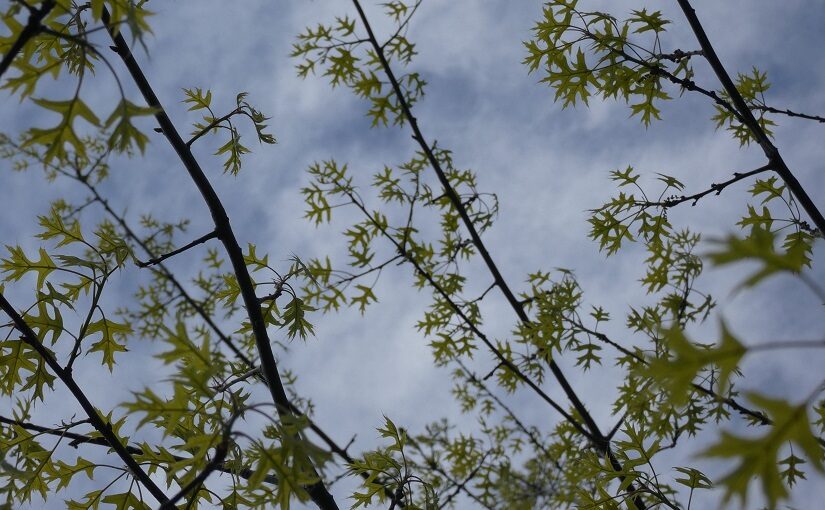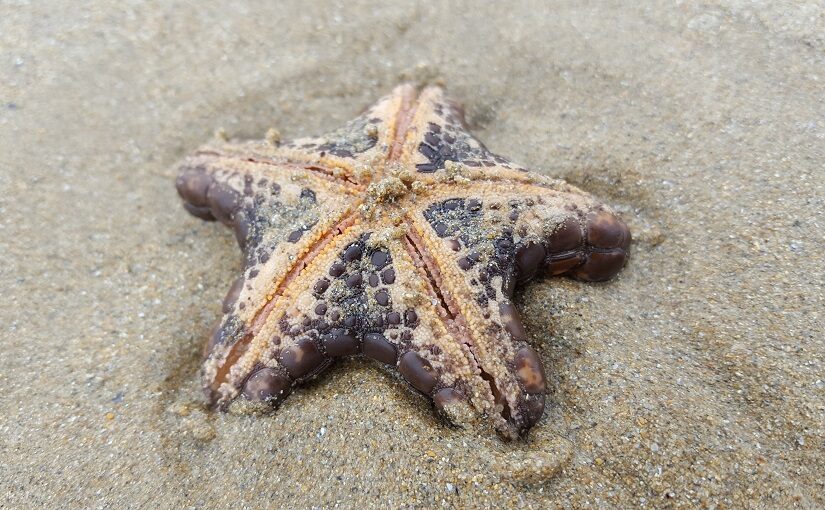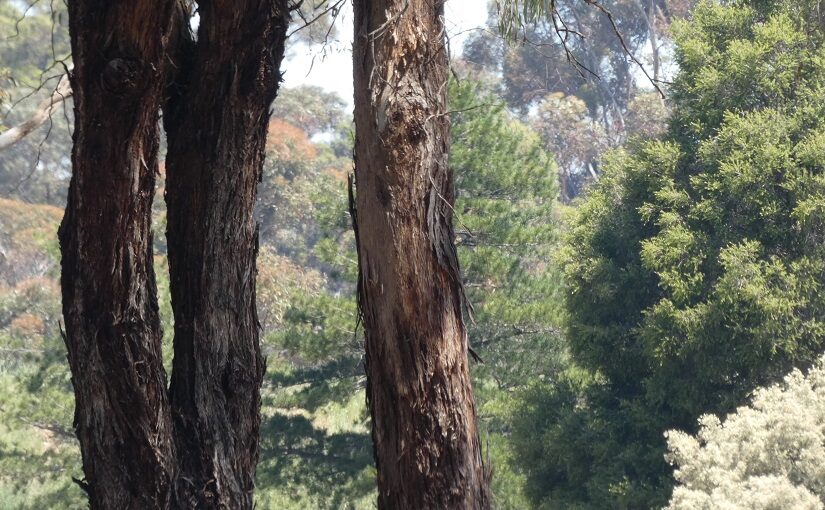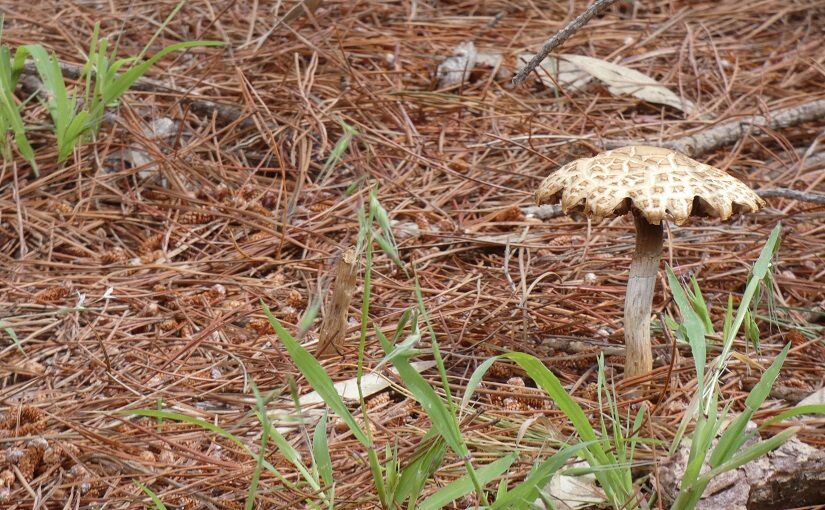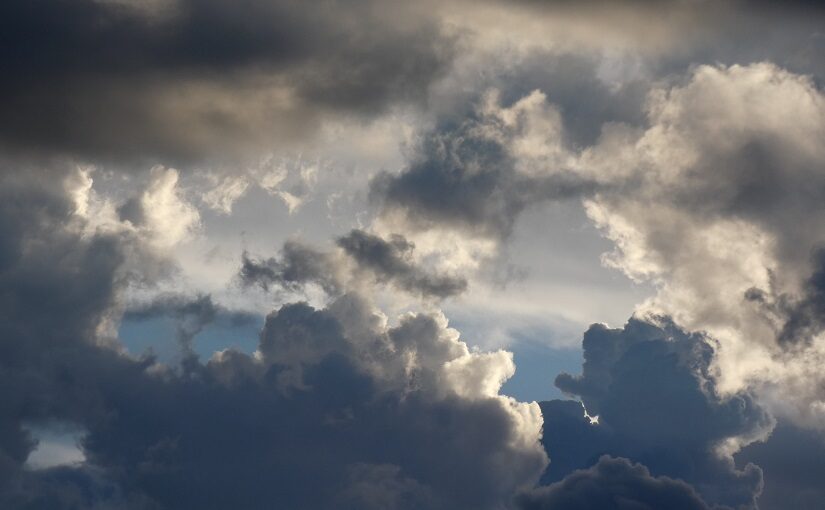Doesn’t everything we do come together? Each step we take in thought, word or deed being something that will almost inevitably touch upon others as an indelible part of their existence – something completely beyond their control that we’ve essentially placed in their path. We might mainly be concerned with our own story, or that of those we care about, but aren’t we also simultaneously writing in one another’s stories?
As if all that we do is forever weaving in and out of other people’s lives, creating all these forces and situations that will eventually have to be dealt with. Years, decades or lifetimes down the line don’t things tend to make themselves felt? The ripples of our decisions somehow finding their way back as they rebound off the rocks of other forms of existence.
Sometimes it seems quite an overwhelming picture: that each person, absorbed in their own narrative, might be sending forth all manner of choices that’ll impact others and potentially compound before eventually being resolved. All these systemic, personal, environmental, social, economic or cultural actions that stand to combine in any number of ways and spread their consequences out in countless directions.
This sense in which we’re each pieces of a puzzle in charge of deciding what picture we’ll create by way of all the choices we’re making from our own individual understanding of life and how much any given thing might matter. Each person rightly feeling whatever’s happened to them in intensely personal ways as others’ estimation of the worth and value of their existence is etched through every moment of their lives.
Of all the steps we take in life, where did those ideas come from? How well do they still work, personally or collectively? If things aren’t actually working out as we imagined or hoped, might it not be better we unravel our thinking and change? Rather than plough on – trying to make things fit; blind to any pain or unforeseen consequences this might be causing – maybe it’s time to let go, rethink and do differently.
If we’re all part of this – all feeding into so many interpersonal, financial and cultural realities – isn’t the story being told through each one of us? As if, in any moment, we’re holding our piece of the puzzle and deciding what it’s going to be. The choices we make in every given situation “being” the part we play, the link we make in the chains happening all around us.
How are we to navigate such a life? One where the outcome isn’t dictated for us, but rests on our own understanding of the significance each action has within the essentially unregulated whole. As if our role might be to see and feel exactly how “all of this” fits into the bigger picture of our global existence – how it fits and why it matters.
In strange ways, Western society seems to have such beautiful faith in the ability each of us has to appreciate this picture we’re trying to create.
Notes and References:
Situations which ask us to trust
The incredible responsibility of freedom
With our words, do we cast spells?
Gaining clarity on the choices before us
What we create by our presence
Nothing short of everything
Charting our own course

